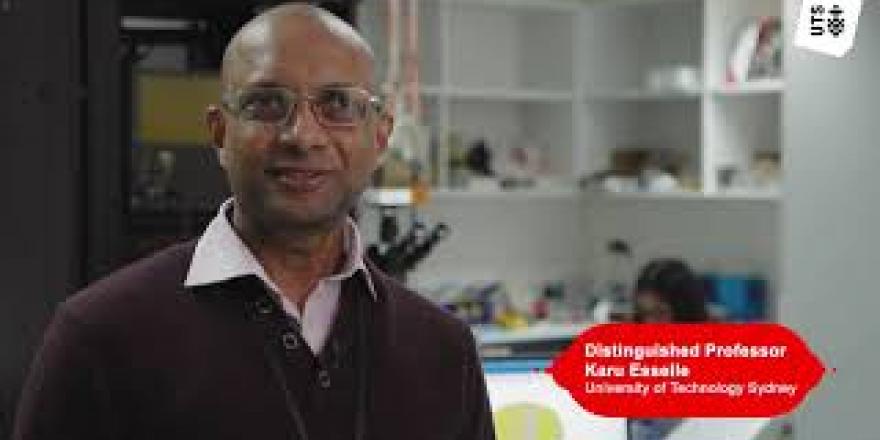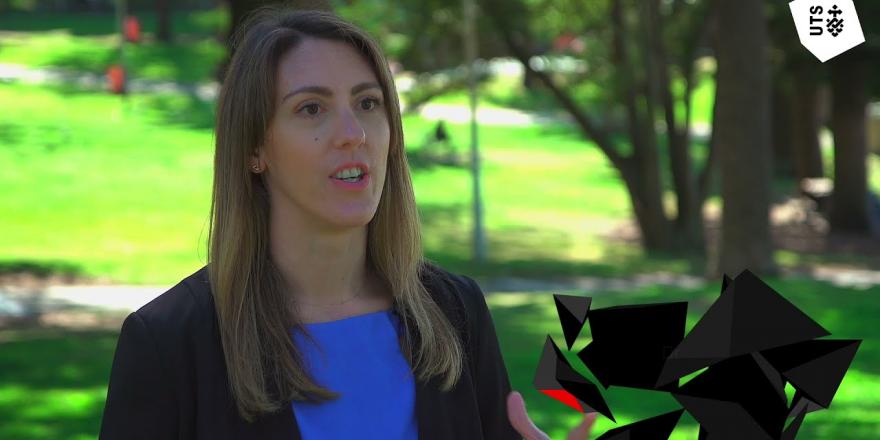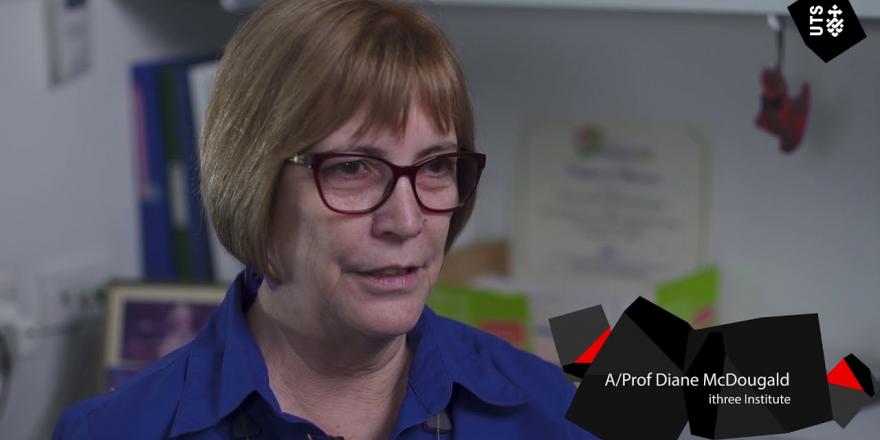UTS academics have been selected as finalists in four categories of the Australian Museum Eureka Prizes, the nation’s premier science awards.
The researchers have been recognised for their work to support young antenna engineers, restore coral on the Great Barrier Reef, help coral reefs adapt to a changing climate and discover how cholera bacteria behaves in water.
Distinguished Professor Karu Esselle, UTS Eureka Prize for Outstanding Mentor of Young Researchers
Professor Esselle has a passion for nurturing young researchers’ careers, empowering his mentees to think freely and critically while helping them integrate into the wider scientific community. He works with emerging researchers and students to develop innovative new solutions for the optimisation of antennas and other electromagnetic systems.


Professor David Suggett and team, NSW Environment, Energy and Science (DPIE) Eureka Prize for Applied Environmental Research
In a world-first, scientists are partnering with local tourism operators to implement a coral restoration project that is reaping benefits for the Great Barrier Reef and the communities that rely on it. Since 2018, it has introduced a new industry model for stewardship and planted out tens of thousands of coral to boost the health of local reef sites.


Dr Emma Camp, Macquarie University Eureka Prize for Outstanding Early Career Researcher
Dr Camp’s discovery of corals thriving in the extreme conditions is informing new adaptive management solutions in Australia and abroad. Together with government and nature conservation agencies, she is developing improved management strategies for reefs worldwide, while using her work as a platform to advocate for action on climate change.


Associate Professor Diane McDougald and Dr Gustavo Espinoza Vergara, UNSW Eureka Prize for Scientific Research
Associate Professor McDougald and Dr Espinoza-Vergara have discovered that the bacteria responsible for cholera, Vibrio cholerae, become more virulent when passaging through a previously unknown vector. This vector transmits V. cholerae through water, hiding it from today’s detection systems. Their discovery creates new opportunity to purify water supplies of water-borne bacterial pathogens.


UTS Deputy Vice-Chancellor (Research), Professor Kate McGrath, congratulated the finalists for their achievements.
“Congratulations to all our Eureka Prize finalists. The Eureka Prizes are Australia’s most prestigious science awards, and this is a great achievement for them individually and for UTS,” said UTS Deputy Vice-Chancellor (Research) Kate McGrath







































